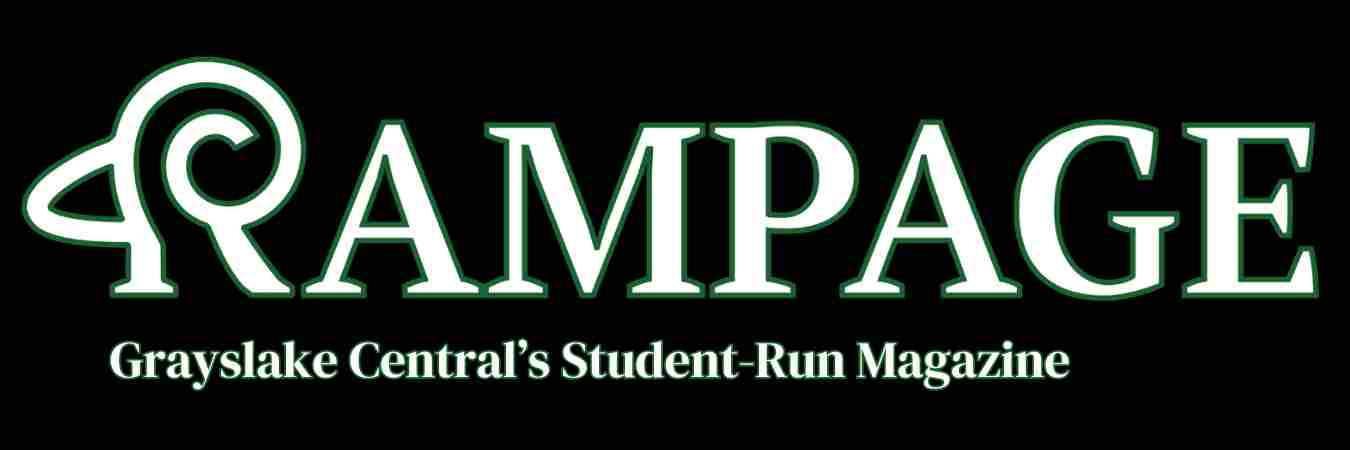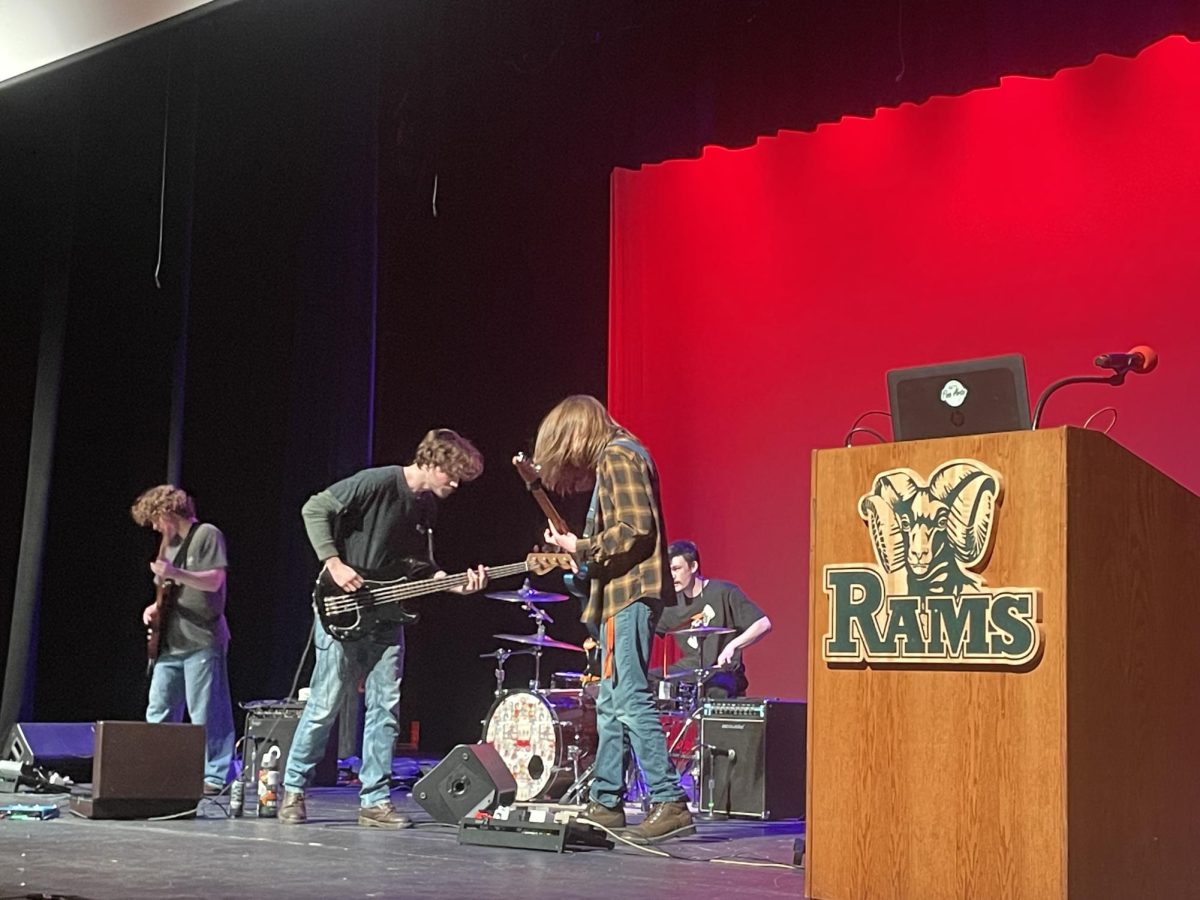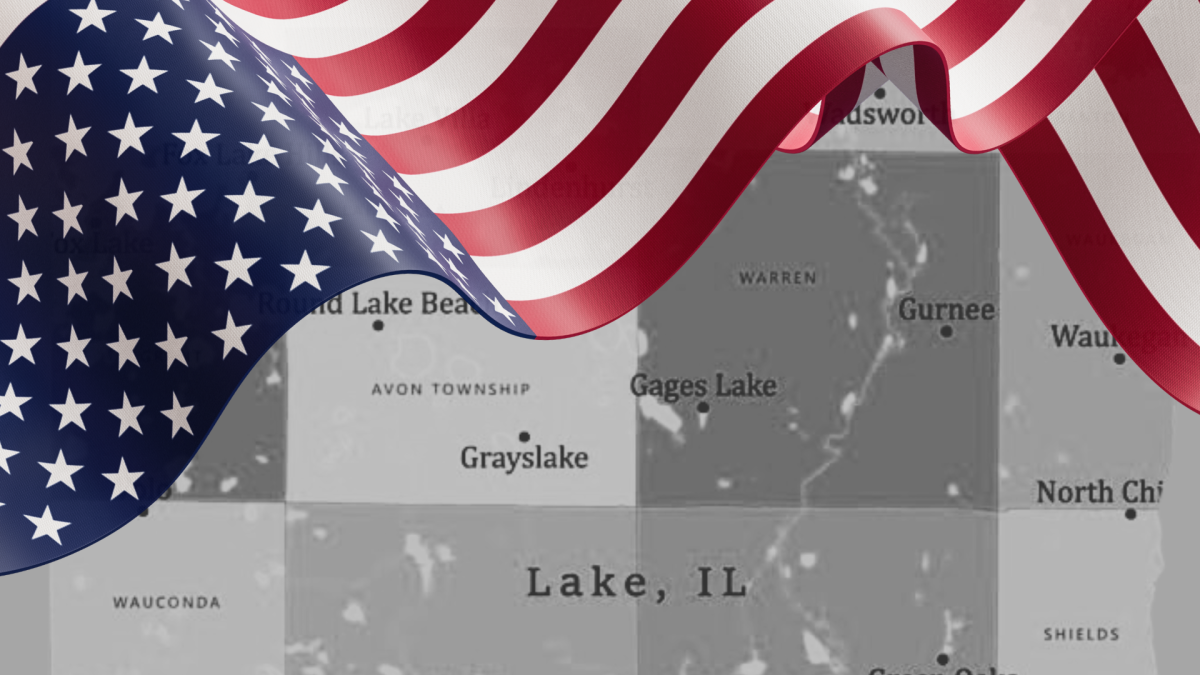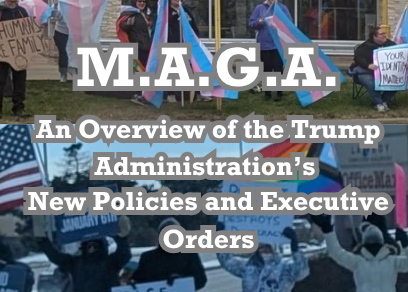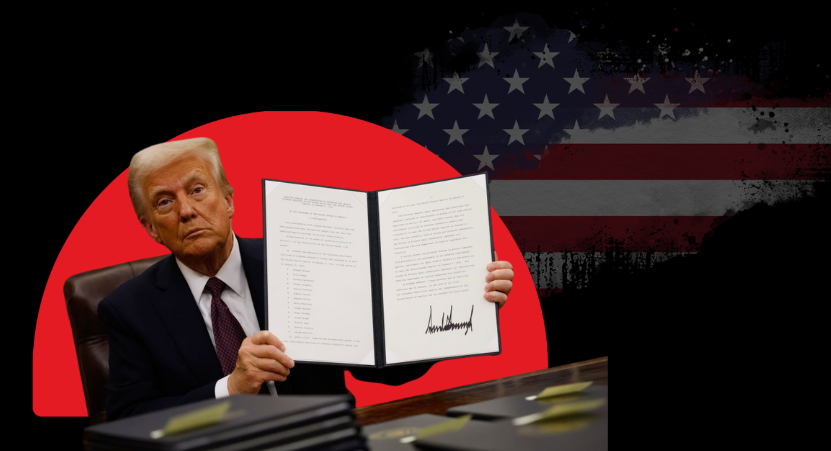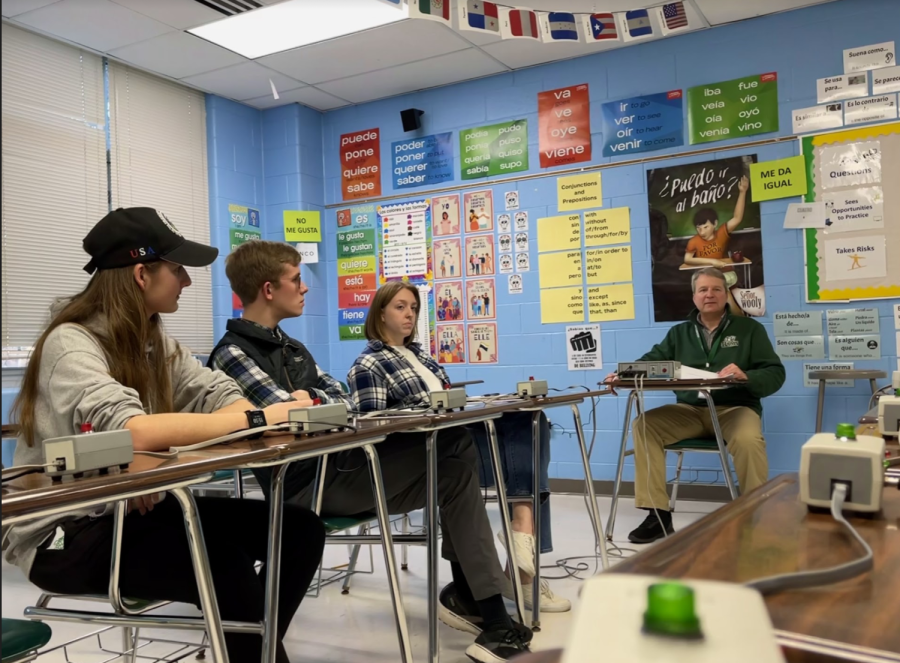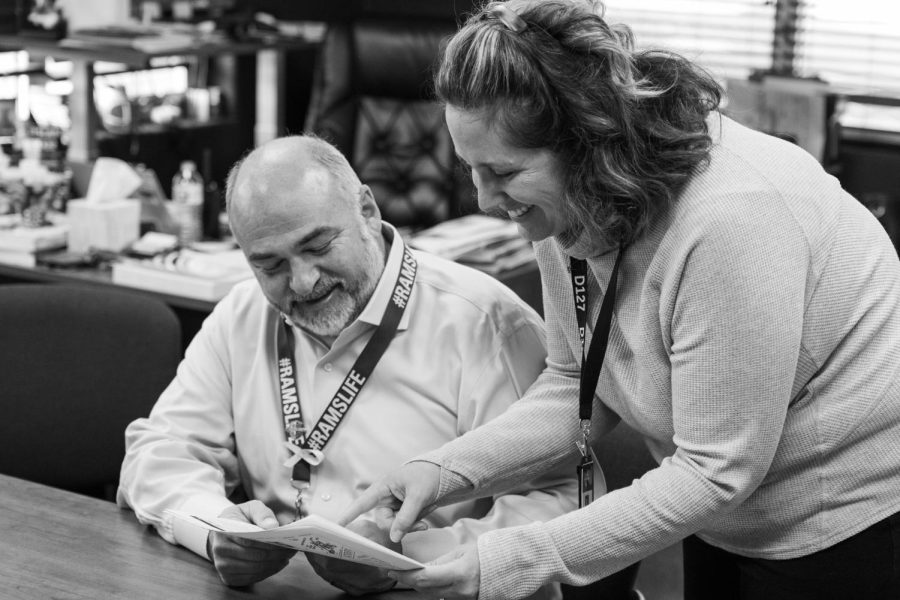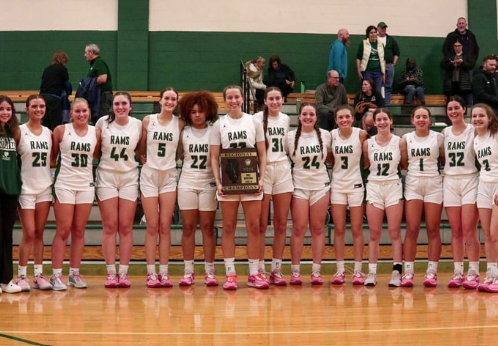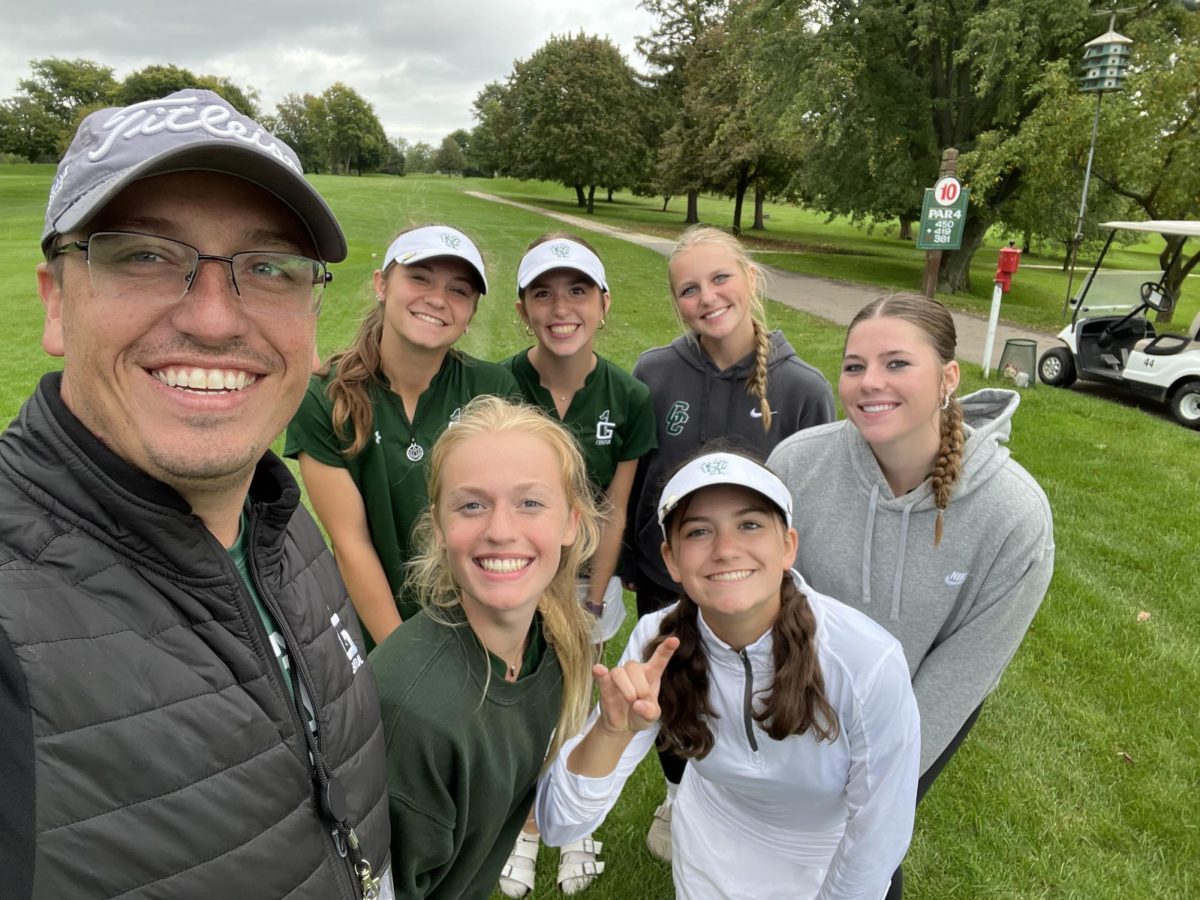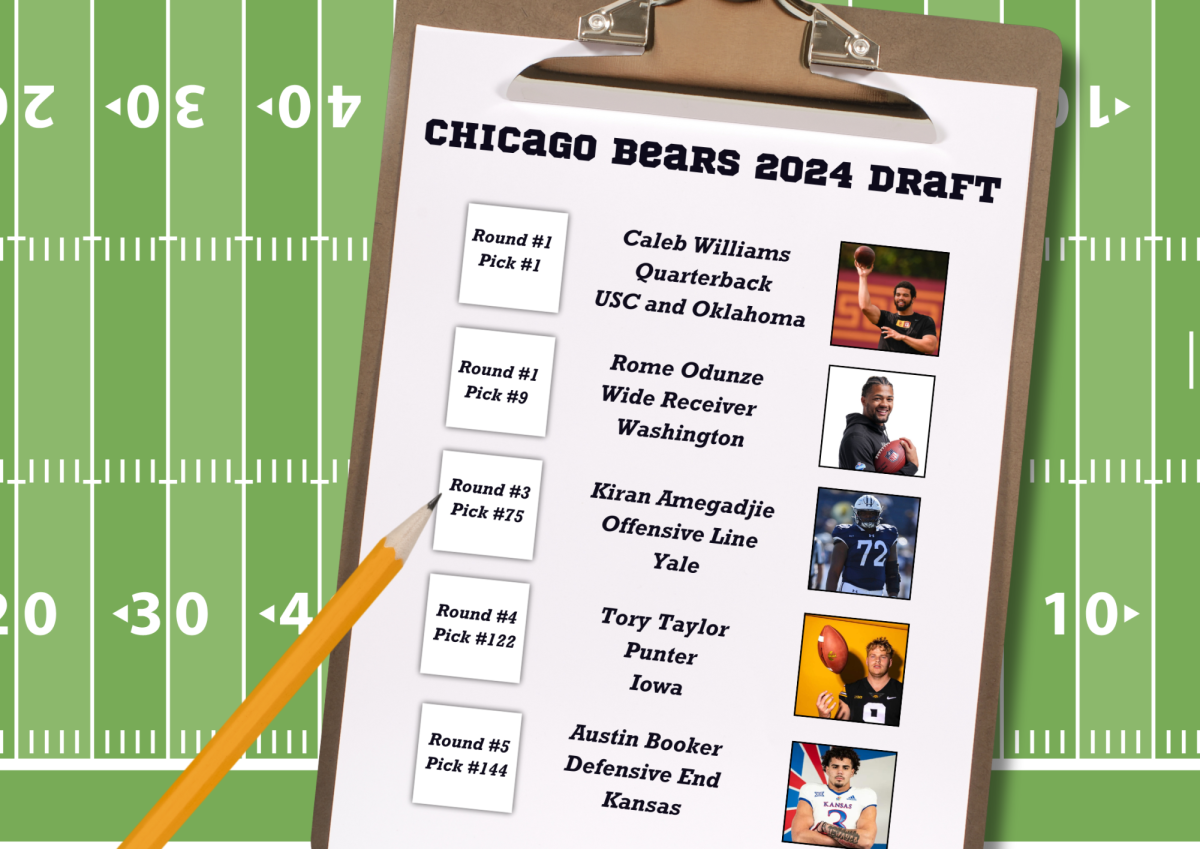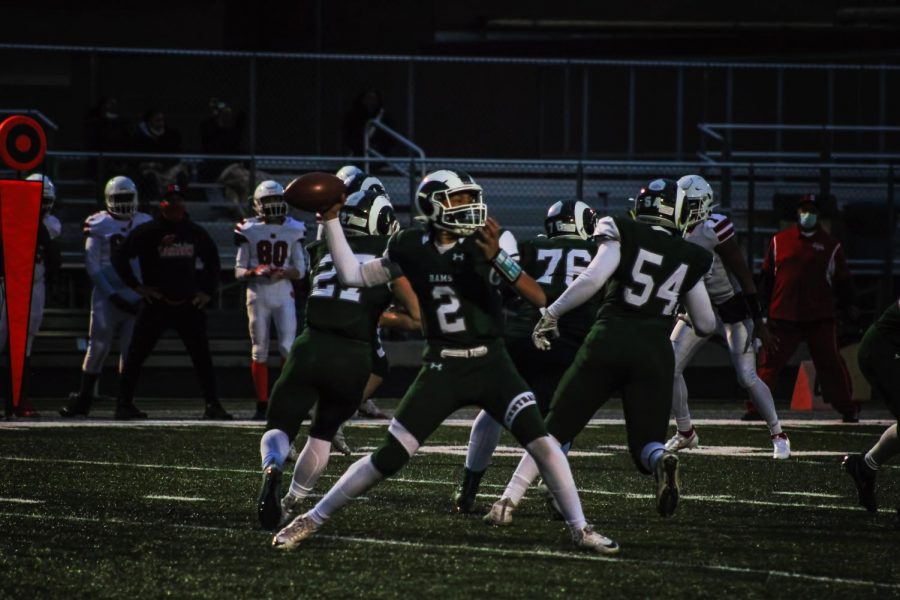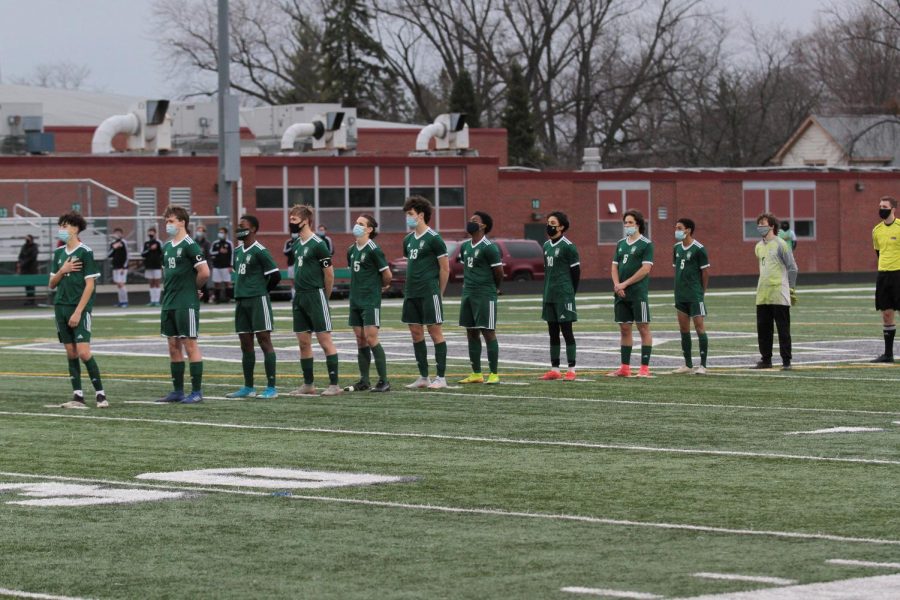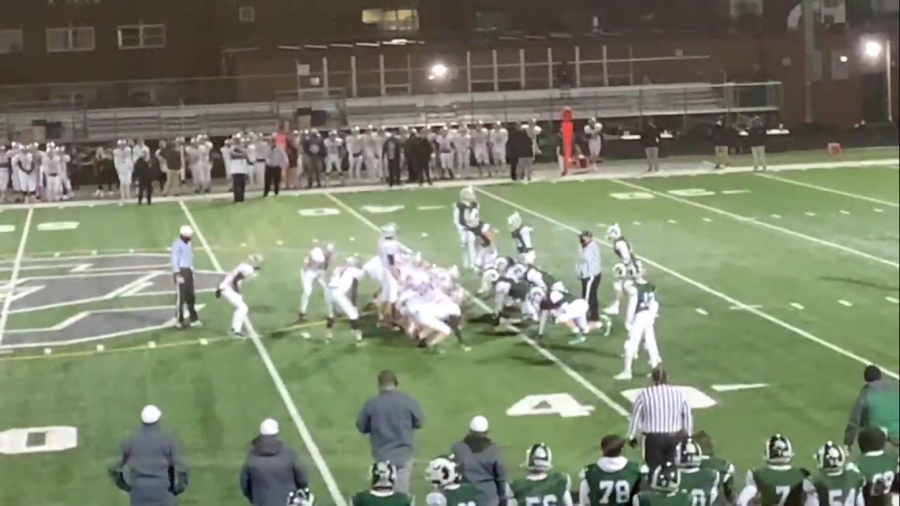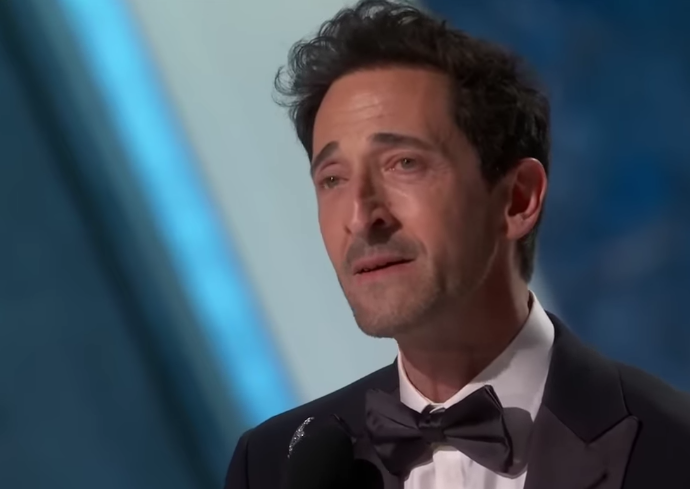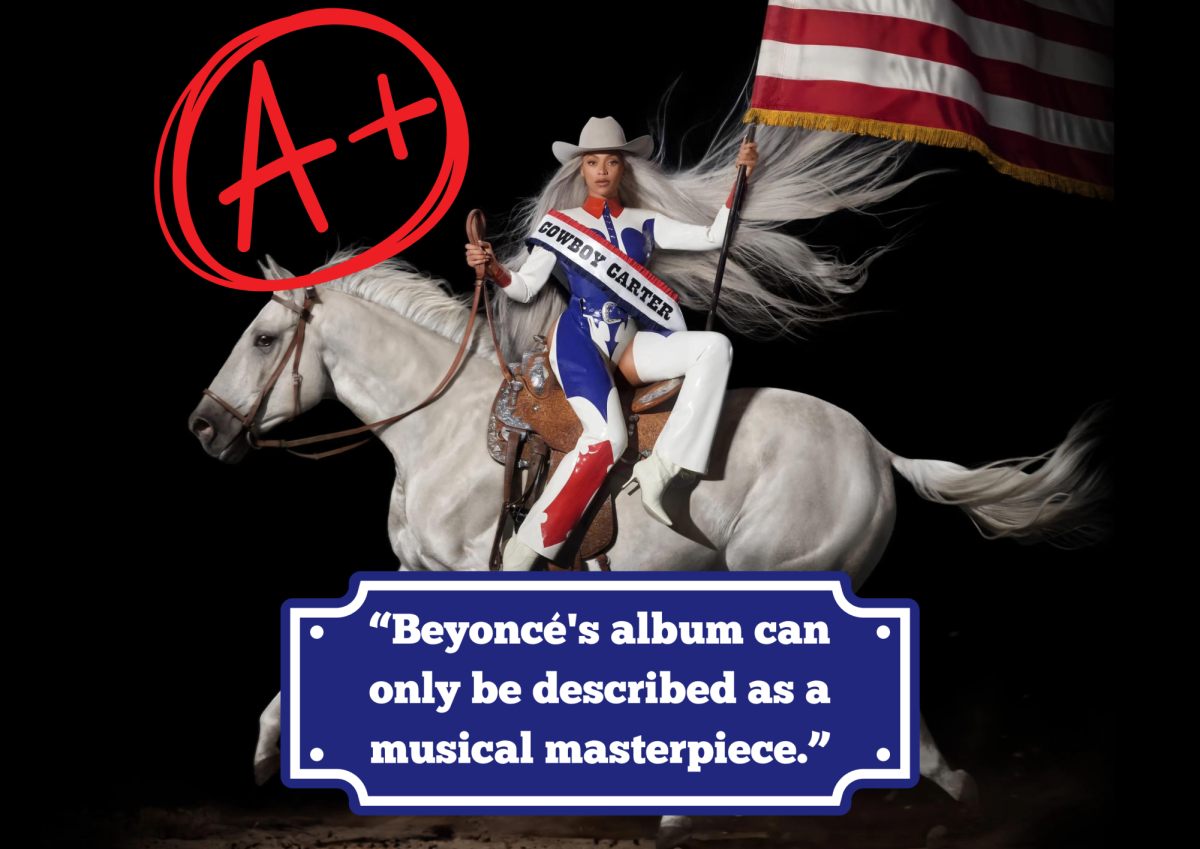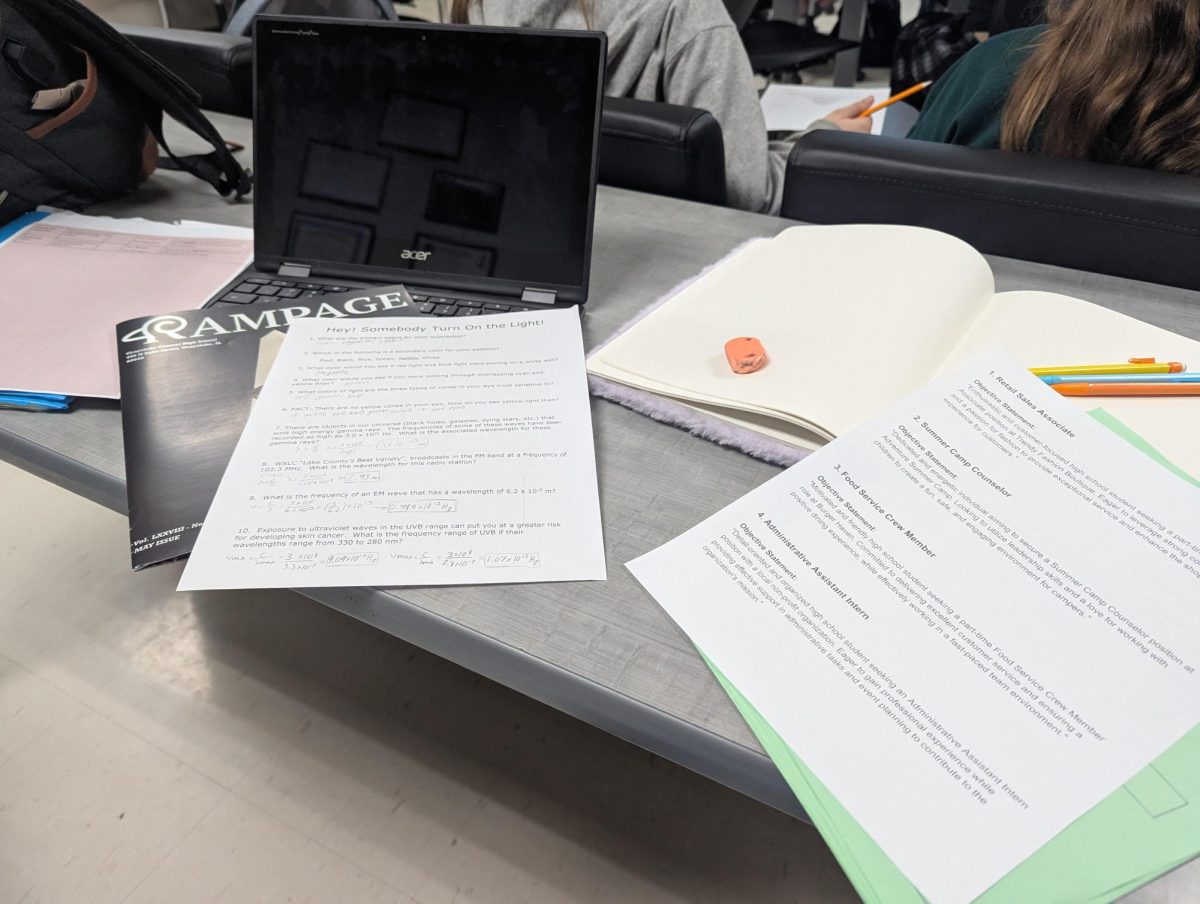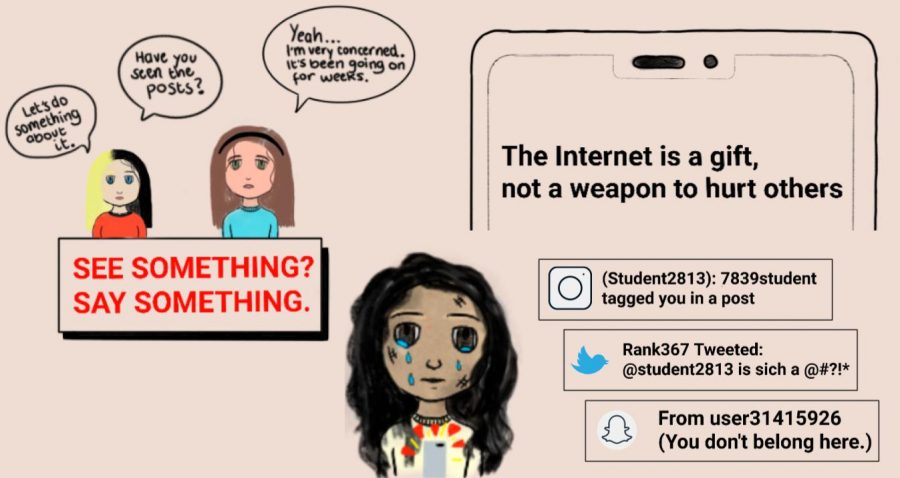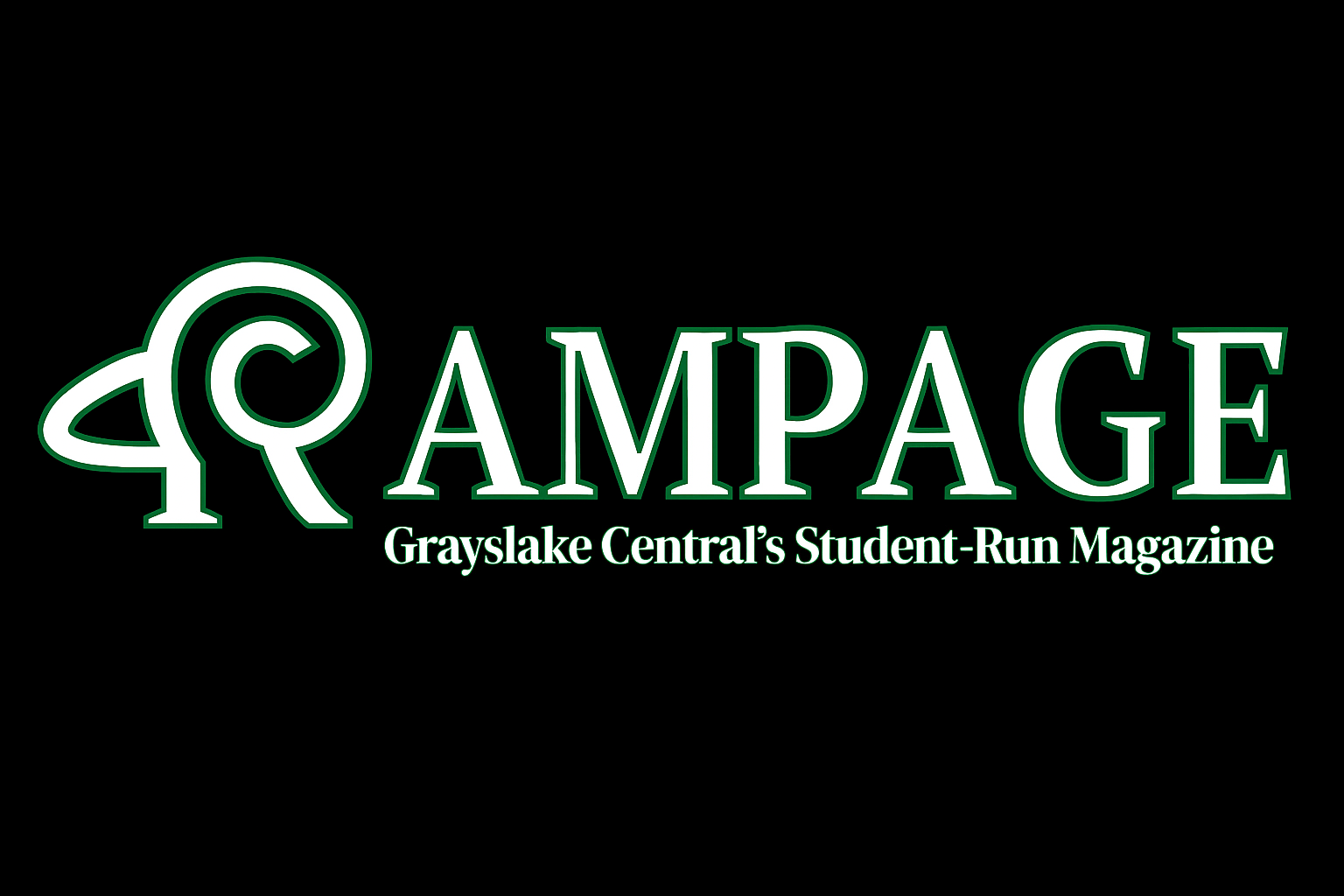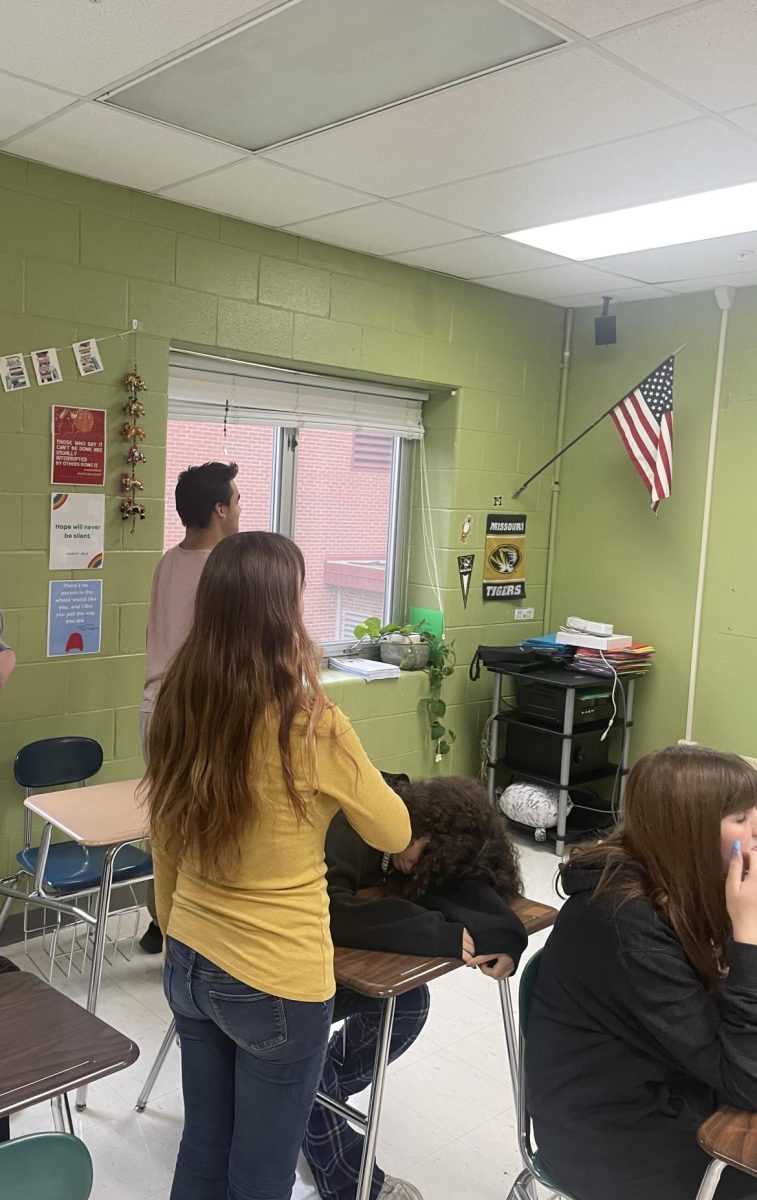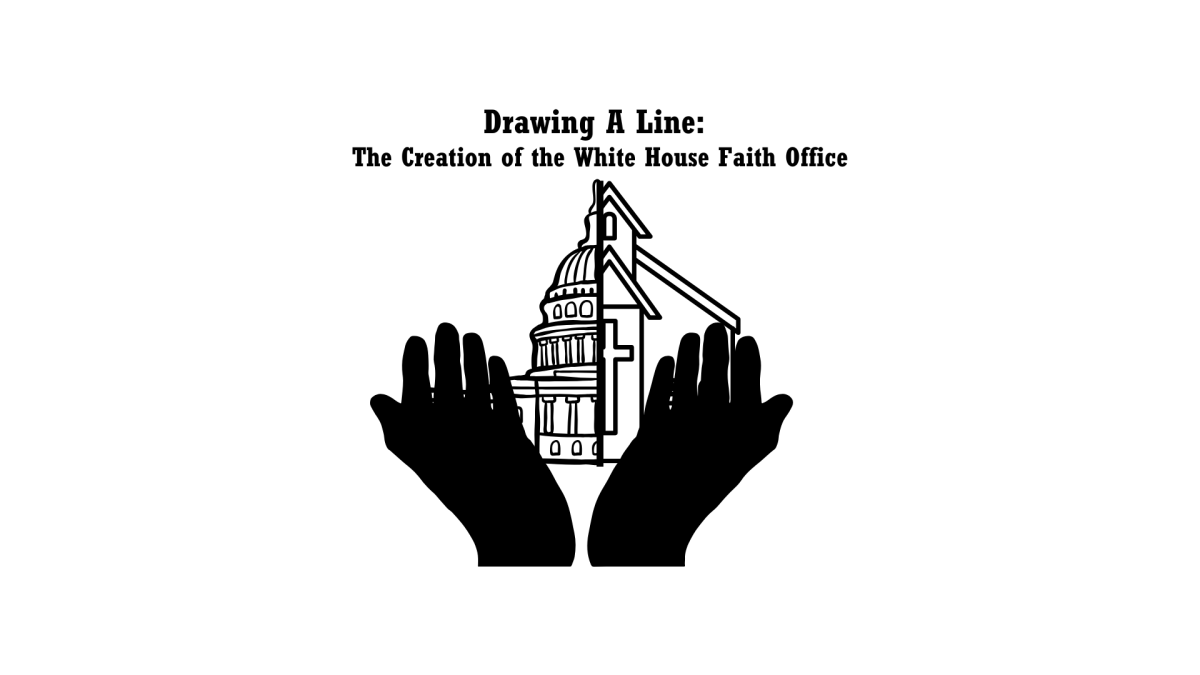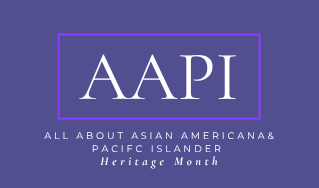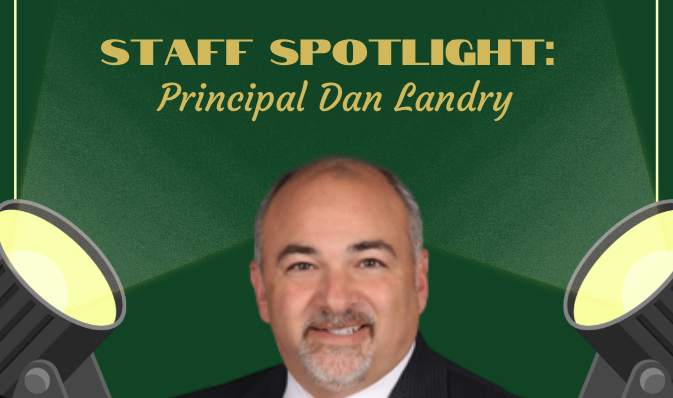In modern America, students at all schools, public or private, big or small, find themselves hearing a pledge for our country every morning. Often times, students will stand and recite this pledge at the start of their mornings. The pledge we hear today is not the same pledge that was first put into place in 1942. In 1954 during the Cold War, President Eisenhower signed a bill adding two new words. Those words have sparked controversy ever since, with conflicting opinions on if they should have been added. Those words are “under God.” Some will argue that America was built and structured with the acknowledgment on theistic principles, so it is therefore fair to have “under god” in the pledge. Others will argue that in a modern society, it can be divisive to have it because of our rapid and fluctuating change in culture and beliefs.
Jason Doll, a math teacher and sponsor of the Christian student Good News Club at Grayslake Central, was asked if he thinks those two words should be included in the pledge. “I think going back to the founding of our country, the founders of our country were at least theists, right? When you look at the language they used and the ideas that they put into the Constitution and stuff, they were acknowledging that there is something above us,” he said. Doll also explained how in his opinion, the words “under god” aren’t necessarily divisive because of how he perceives today’s cultural climate. “I mean, you can find almost any area of life where, if, if that’s the mindset we’re gonna have, if the value someone has is only because they will affirm what I believe to be true and I believe to be the most important thing in my life, then anything’s gonna be divisive,” he said.
Doll empathized with the other side of the argument, explaining how he understands if someone might be offended by it. “Do I see where someone who doesn’t believe in a God, and someone who has an atheistic worldview [would say], ‘well, no, I don’t like that.’ Yeah, I can totally understand why they would feel that way,” he said. Doll acknowledges the historical context of the pledge, and the mindset of the Founding Fathers. “Even if you’re looking at it and saying, well, I personally don’t believe that. I think if you look at the history of our country, and you look at the idea that that, at least theism was very much part of the foundation of our country, I think you can make an argument that [the] mindset [of that] worldview, was inherently valuable to how things were founded in the fabric of what is created our nation and governed our nation, [so] you can leave [under God] in because it was part of our history, not necessarily making a religious statement that people have to believe it,” he said.
Junior Isabelle Freise explained that while she doesn’t mind the inclusion of “under god” much but she thinks it still can be problematic for others. “I can see how it’s problematic for some people, and I can see how it might like contradict, like the separation of church and state and like some other stuff like that. But I personally don’t mind it, but I can see a lot of arguments, and I can agree with arguments, considering that it might be problematic for some and maybe offensive for others,” Freise said. It is also worth noting that for the first decade and change that the pledge was implemented in, “under god” wasn’t included in the pledge. Freise reflected on it being added in the mid 1950s. “So, 50s, I can see how [under God] would be problematic, considering it kind of feels like we’ve all agreed, like as a country, that this is like a separation of church and state problems. So, I think because it was implemented so late into the political legitimacy, then I do probably find that a little problematic,” she said.
The principle of ‘separation of church and state’ is rooted in the First Amendment, and brings up an interesting question surrounding publics schools. Freise said, “It can be problematic for public schools, considering that not all of them are private, religious schools.” When asked about if it is a problem to have in public schools sophomore Hannah Clayton said, “You don’t have to push that on [people],” referring to “under God” being in the pledge. Clayton also said “I feel like it would be more like inclusive, to [take under God] out, [so it] just makes it everyone’s comfortable, because it’s not like a huge part of the pledge of allegiance.” Freshman Cooper Stavrou, who identifies as an agnostic person said “I don’t really mind it too much.”
The inclusion of “under God” in the Pledge of Allegiance remains a topic of debate, prompting discussions about religious inclusion, freedom, and the role of government in public life.
